Results
-
 £34.95
£34.95Il Est Ne (He Is Born) (Brass Band - Score and Parts) - Norbury, Kevin
This French traditional carol has great charm and grace. This arrangement calls for rhythmic vitality, delicacy and sure-footedness.
Estimated dispatch 7-14 working days
-
 £17.50
£17.50Il Est Ne (He Is Born) (Brass Band - Score only) - Norbury, Kevin
This French traditional carol has great charm and grace. This arrangement calls for rhythmic vitality, delicacy and sure-footedness.
Estimated dispatch 7-14 working days
-
 £24.95
£24.95Now Is The Hour (Cornet Solo with Brass Band - Score and Parts) - Steadman-Allen, Ray
This romantic Maori song of farewell was arranged as a cornet solo for David Daws. Within The Salvation Army, the words 'Search me, O God, and know my heart today' are now associated with this beautiful tune.
Estimated dispatch 7-14 working days
-
 £12.50
£12.50Now Is The Hour (Cornet Solo with Brass Band - Score only) - Steadman-Allen, Ray
This romantic Maori song of farewell was arranged as a cornet solo for David Daws. Within The Salvation Army, the words 'Search me, O God, and know my heart today' are now associated with this beautiful tune.
Estimated dispatch 7-14 working days
-
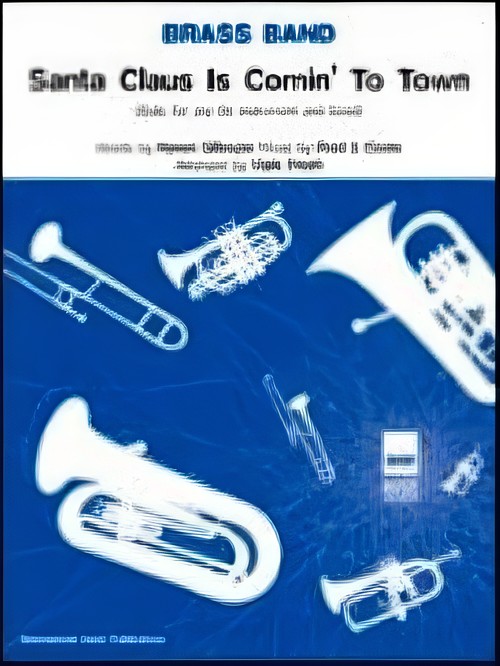 £34.99
£34.99Santa Claus is Comin' to Town (Bb Instrument Solo with Brass Band - Score and Parts) - Coots, Fred - Freeh, Mark
Santa Claus Is Comin' To Town, Mark Freeh's delightful arrangement of the this Christmas classic.Suitable for Advanced Youth/3rd Section Bands and aboveDuration: 3:00
Estimated dispatch 7-14 working days
-
£33.00
How Far is it to Bethlehem? - Hayes, J
This arrangement of the traditional Christmas carol How Far Is It to Bethlehem? presents the beloved melody with rich, expressive harmonies and warm brass textures making it a heartfelt and resonant Christmas performance.
In Stock: Estimated dispatch 1-3 working days
-
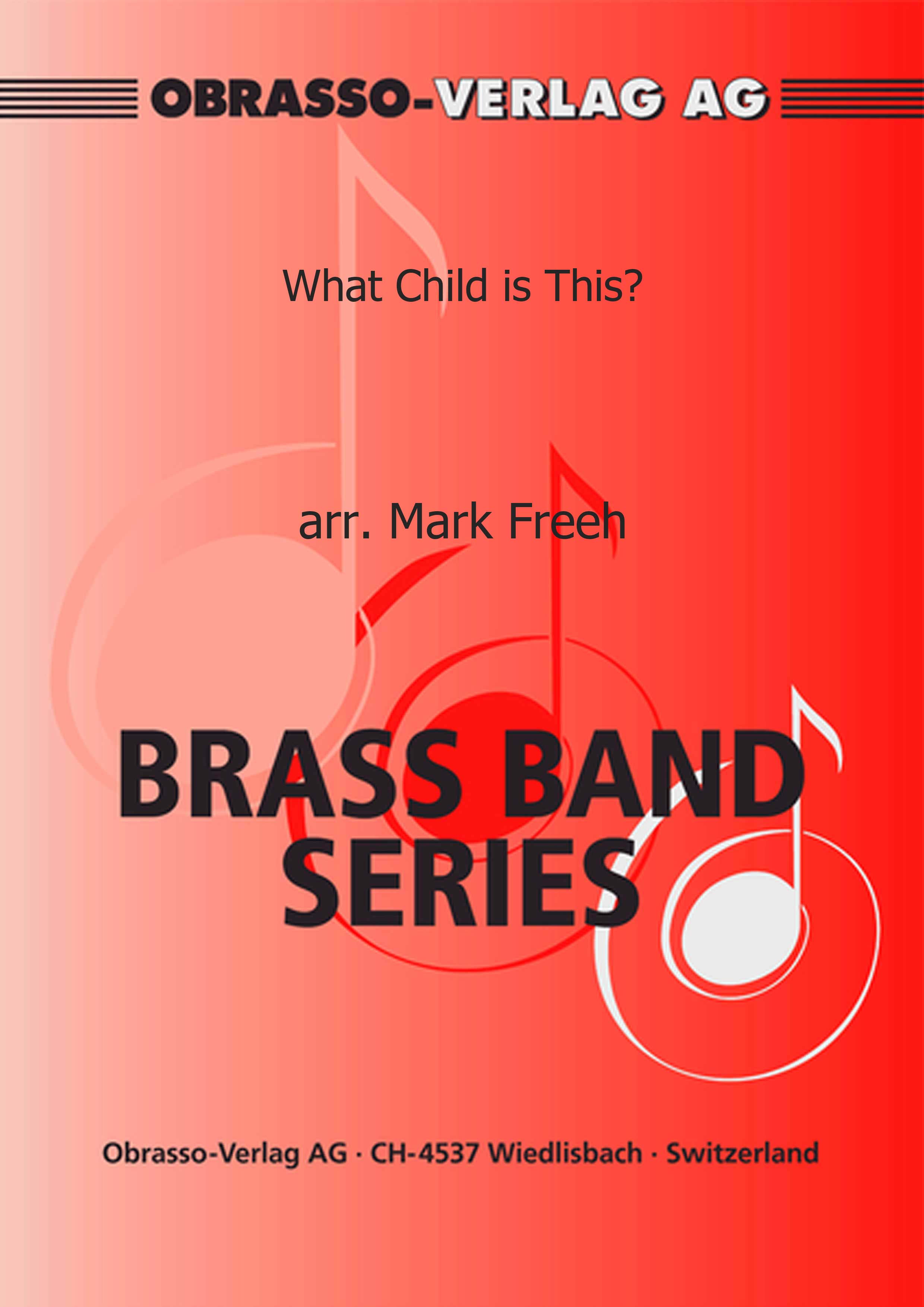 £54.20
£54.20What Child is This? (Brass Band - Score and Parts)
This Christmas work has been given the Mark Freeh jazzy treatment. A fresh take on the traditional work.
Estimated dispatch 7-14 working days
-
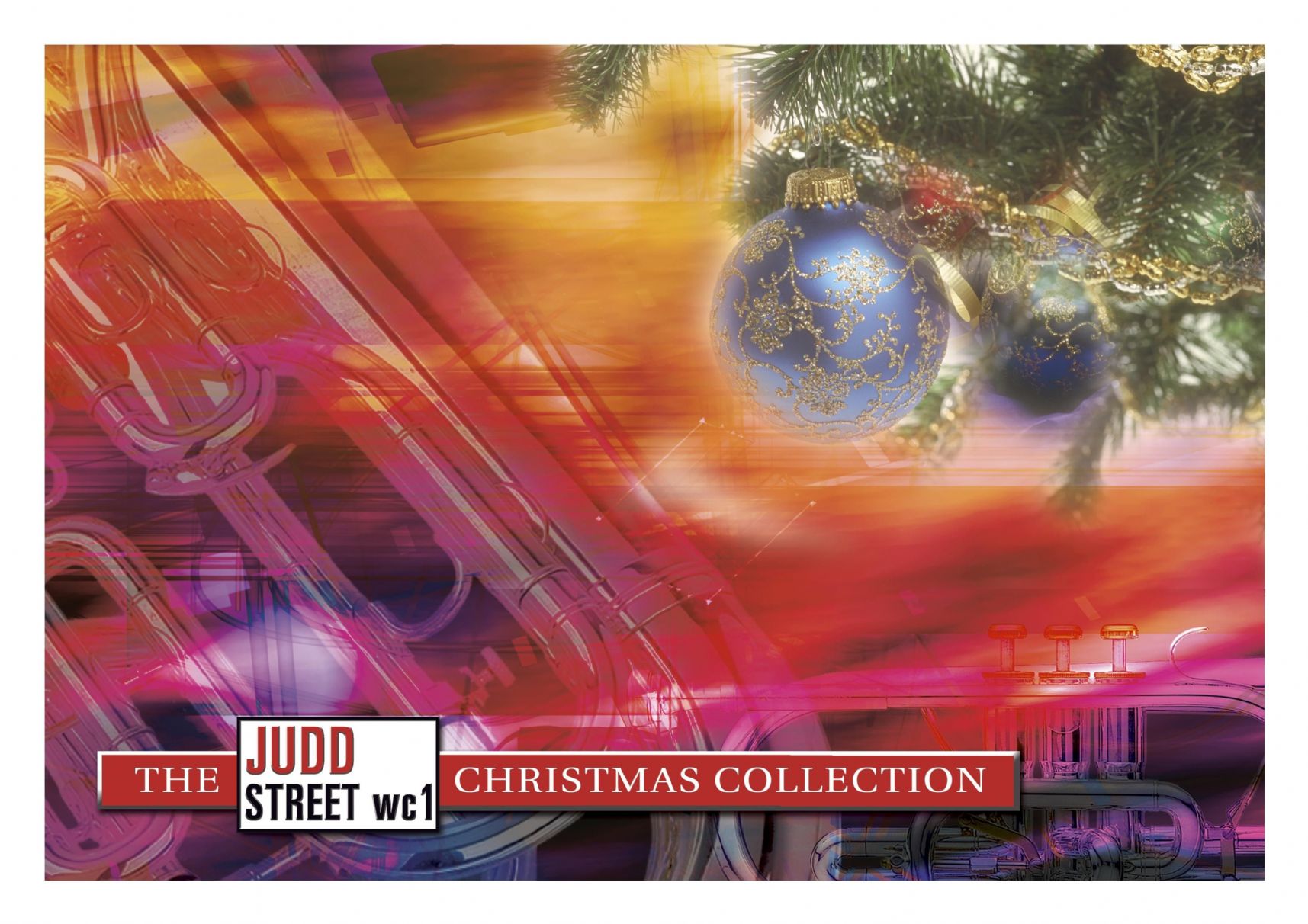 £34.95
£34.95Judd: Il Est Ne (He is Born)
This French traditional carol has great charm and grace. This arrangement calls for rhythmic vitality, delicacy and sure-footedness.
Estimated dispatch 7-14 working days
-
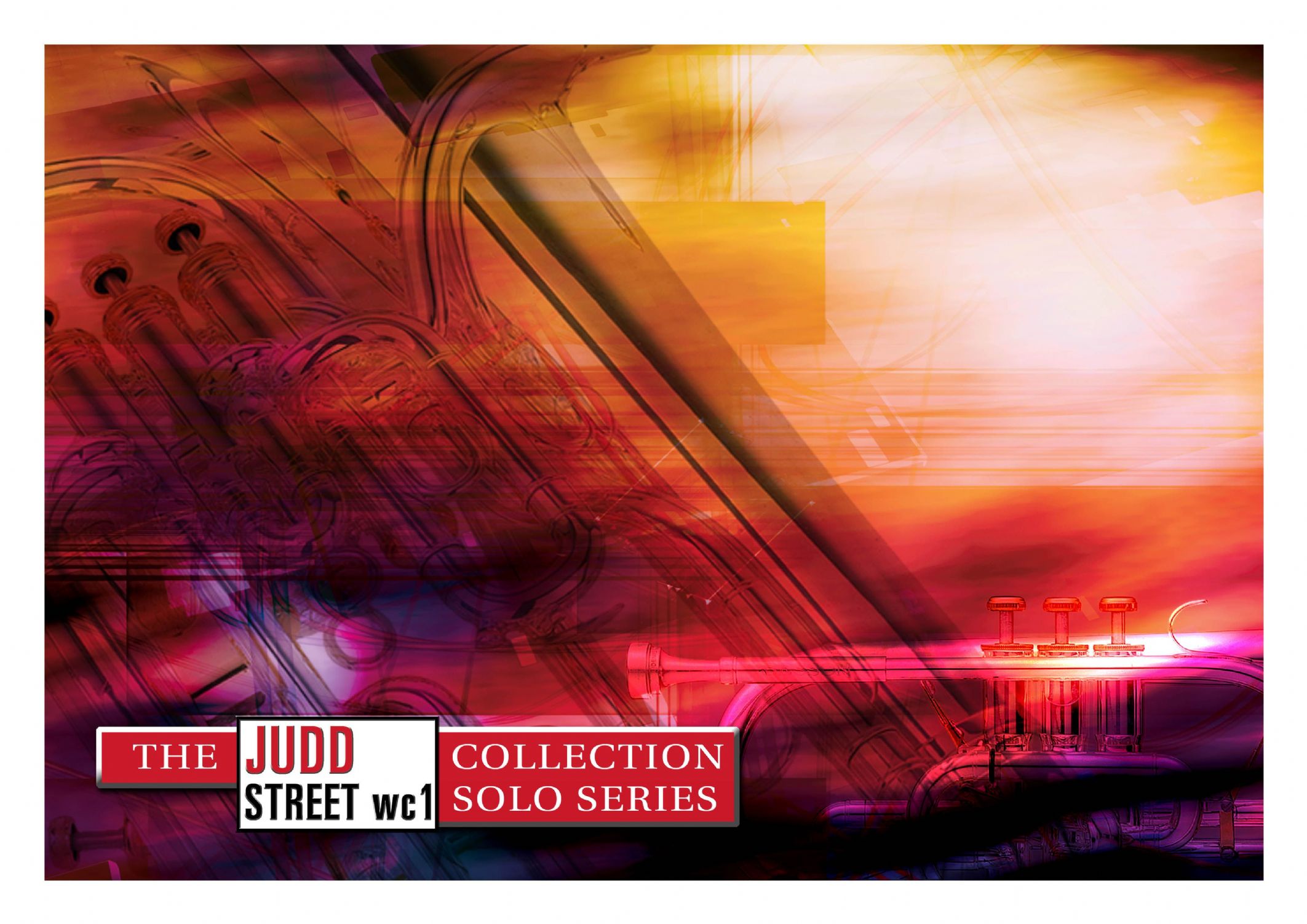 £24.95
£24.95Judd: Now is the Hour
This romantic Maori song of farewell was arranged as a cornet solo for David Daws. Within The Salvation Army, the words 'Search me, O God, and know my heart today' are now associated with this beautiful tune.
Estimated dispatch 7-14 working days
-
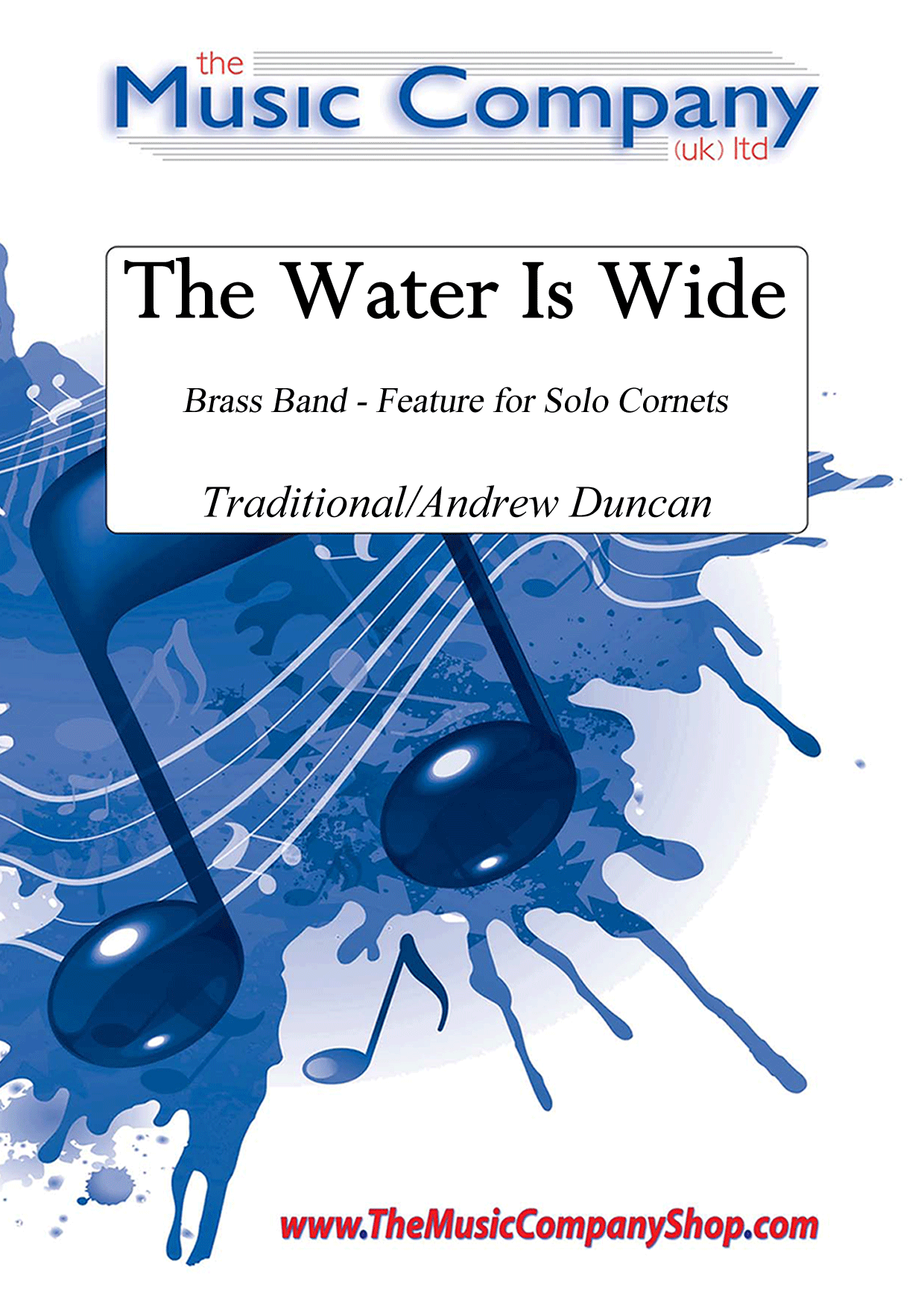 £30.00
£30.00The Water is Wide - Traditional
Alternatively known as O Waley Waley, Andrew Duncan has created this stunning arrangement for brass band, presenting the hauntingly beautiful, traditional song as a feature for the solo cornet section of the band.Look and Listen (performance courtesy of Bon Accord Silver Band 2018):
In Stock: Estimated dispatch 3-5 working days
